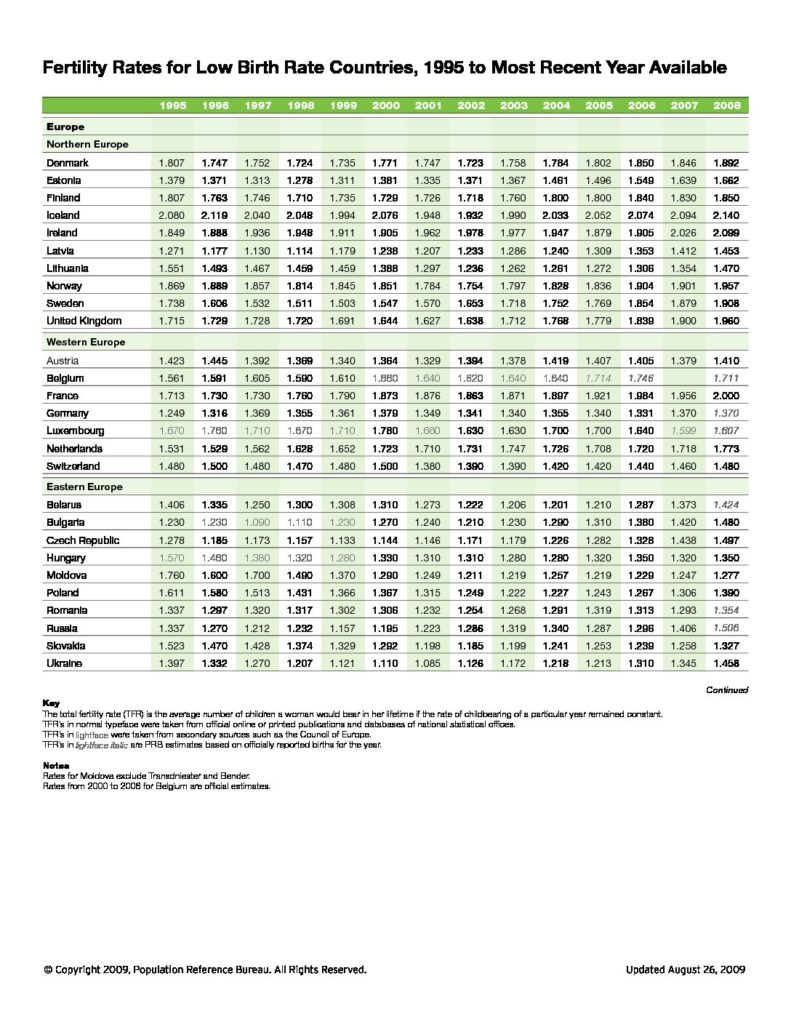497 Search Results Found For : " ʸī rqc912.top Ʈ 继īƮ Time slot ¶īƢ ػ罺 Ȧ PC ī Ȳ"
A Demographic Portrait of Asian Americans
(2004) The following excerpt is from the report A Demographic Portrait of Asian Americans, by Yu Xie and Kimberly Goyette and published by the Russell Sage Foundation and the Population Reference Bureau. This report is one of several in the new series The American People, which sets the results of Census 2000 in context and collectively provides a portrait of the American people in a new century.
Do Muslims Have More Children Than Other Women in Western Europe?
(2008) Extremely low birth rates in most of Europe have fueled concerns about population decline, yet one segment of the continent's population—Muslims—continues to grow. The increasing number and visibility of Muslims in Western Europe, juxtaposed with the low fertility among non-Muslims, has led some Europeans to worry that the region will eventually have a Muslim majority, fundamentally changing Western European society.
The Changing Demographics of Roman Catholics
(August 2005) The April 2005 death of Pope John Paul II and the weeks leading to the selection of his replacement stimulated much thought and discussion about who the new pope would be and in which directions he would lead the world's 1.1 billion Roman Catholics.
The Double Divide: Implosionists and Explosionists Endanger Progress Since Cairo
(2004) Ten years ago this summer, representatives from 179 countries, scores of international agencies, and about 1,200 nongovernmental organizations met in Cairo for the United Nations-sponsored International Conference on Population and Development (ICPD), a landmark event in world population and health.

Project: Strengthening Evidence-Based Policy to Expand Access to Safe Abortion (SAFE ENGAGE)
Learning Lessons Through Efforts to Improve Abortion Access in Côte d’Ivoire
Evaluation highlights stakeholder commitment to a common vision in quest for policy change.

Birth Rates Rising in Some Low Birth-Rate Countries
(2009) "1.57 Shock" was a popular media phrase in Japan back in 1990 after the fertility rate (TFR) fell to its lowest value ever: 1.57 lifetime births per woman, recorded for 1989.1 This was even below the 1.58 children per woman reached during the inauspicious year of the Fire Horse—1966.

